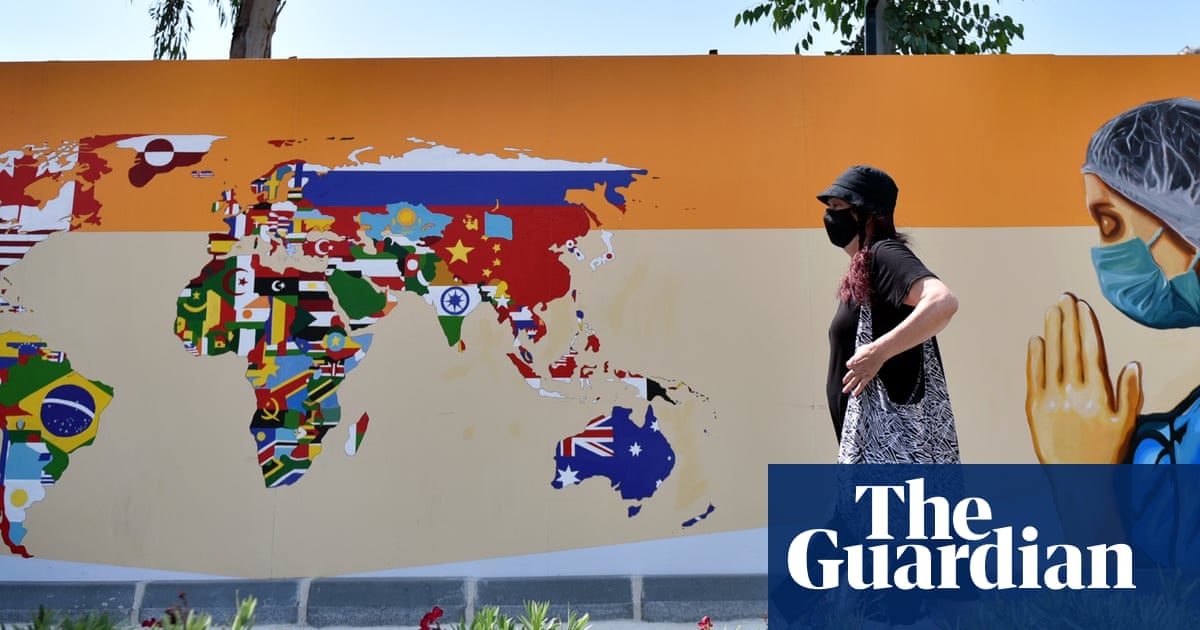A pandemic agreement governing how the world should work together to tackle future disease outbreaks has been adopted by global leaders after three years of negotiation.
Dr Tedros Adhanom Ghebreyesus, director general of theWorld Health Organization(WHO), said it was “a victory for public health, science and multilateral action”.
“It will ensure we, collectively, can better protect the world from future pandemic threats. It is also a recognition by the international community that our citizens, societies and economies must not be left vulnerable to again suffer losses like those endured during Covid-19,” he said.
The WHO Pandemic Agreement was passed with applause by delegates at the WorldHealthAssembly (WHA) in Geneva. The US will not be part of the agreement, having withdrawn from the WHO and negotiations after Donald Trump took office.
Plans for a pandemic treaty, governing how the world should respond to future global disease outbreaks, were firstannounced in March 2021. World leaders, including Boris Johnson, promised a “legacy that protects our children and grandchildren and minimises the impact of future pandemics on our economies and our societies”.
However, theinitial deadline of the WHA in 2024 was missedamid mistrust between the global north and south. There werehigh levels of disinformationsurrounding negotiations, including false claims that the accord would cede sovereignty to the WHO or give it the power to impose lockdowns and vaccine mandates.
In order to reach the agreement this week, some key points of contention have been pushed back for later talks. The issue of pathogen access and benefit sharing (Pabs) – or what countries can expect, in terms of access to vaccines and treatments, in return for sharing data on any novel bugs emerging in their territory – will be governed by an annexe to the treaty, to be negotiated over the next 12 months.
The Independent Panel for Pandemic Preparedness and Response recommended an agreement of this kind four years ago afterreviewing the international responseto Covid-19. The panel co-chair, former prime minister of New Zealand Helen Clark, said the agreement should be considered “a foundation from which to build, starting today”.
She warned: “Many gaps remain in finance, equitable access to medical countermeasures and in understanding evolving risks. Don’t wait to get started. Dangerous pathogens are looming, and they certainly will not wait.”
The agreement will not open for signaturesuntil the Pabs annexe is completed. It will then come into force after at least 60 countries have signed. However, it is already being seen as a key achievement for the WHO at a time of crisis, with lower funding after the US withdrew necessitating dramatic cuts.
Dr Teodoro Herbosa, secretary of the Philippines Department of Health, and president of this year’s WHA, said: “Now that the agreement has been brought to life, we must all act with the same urgency to implement its critical elements, including systems to ensure equitable access to life-saving pandemic-related health products.
“As Covid was a once-in-a-lifetime emergency, the WHO Pandemic Agreement offers a once-in-a-lifetime opportunity to build on lessons learned from that crisis and ensure people worldwide are better protected if a future pandemic emerges.”
